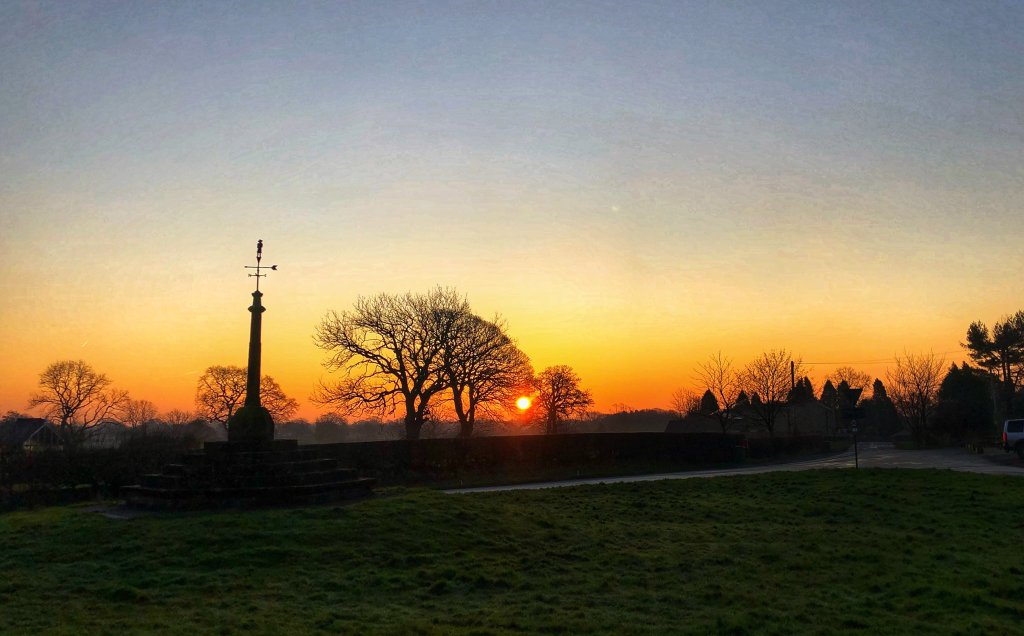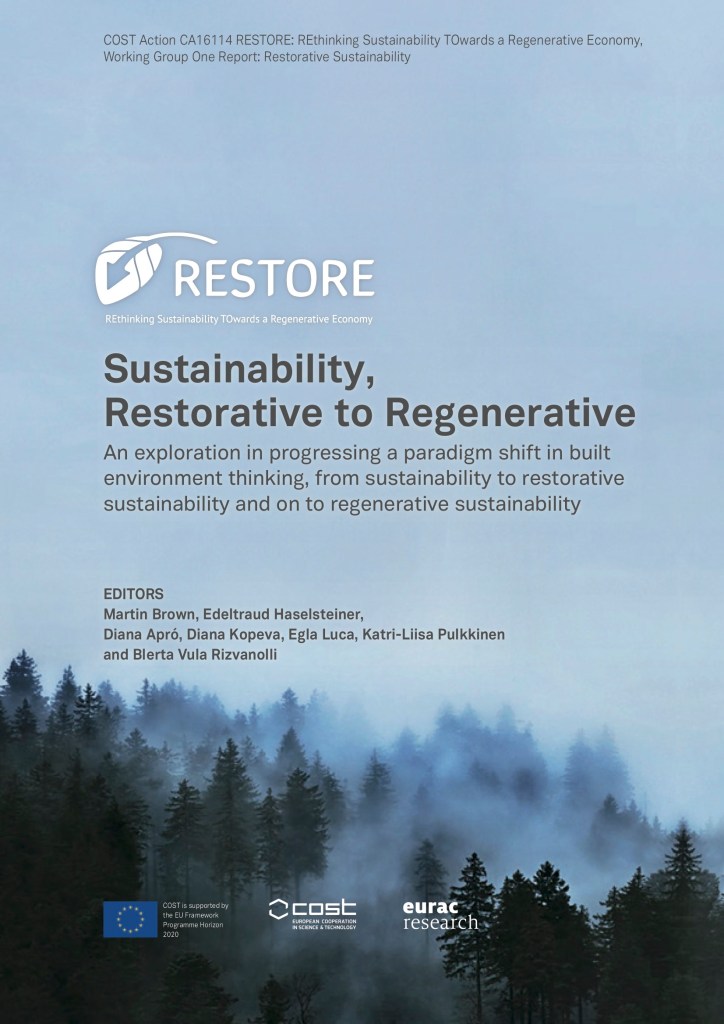The recent excellent BBC Life on Mars series painted a harsh, dark and in many ways ugly portrait of life in Britain in the mid 1970’s. It was in that this environment I started a career in construction, a young trainee QS, working a ‘statutory’ three day week with fuel and power rationing (only able to buy petrol on alternative days depending on the first initial of your surname)
Since then I have experienced and survived the industry’s many cycles of boom and bust, times of recession and times of plenty, often caused by conditions outside of the sector itself.
It wasn’t until a later reading of Charles Handy’s Empty Raincoat that I understood I had developed a strategy for dealing with this cyclic industry. Handy sees the key to surviving change as being the ability to move from one sigmoid curve to the next before the current one peaks, or before the current one becomes a bandwagon and is no longer cutting edge. (see here)
In times of recession, innovation is the hallmark of successful organisations, and of people that survive. In my experience this means looking ahead, identifying the next emerging innovation/theme/idea, and getting rapidly up to speed. Over my career, this has led to moving from work to university, to becoming an expat, to moving from project management into planning, from planning to quality, to TQM, to collaborative working and business improvement, to benchmarking, to fm and then into independent support provision.
The move into planning serves as a good example. I was able to shelter the downturn at the time, being one of the few who could (or wanted to) operate a computer. We are talking 80’s here, the office had one pc shared between a secretary and myself. I cut my teeth on Pertmaster. Initially this produced crude gantt charts as a row of green X’s, but provided a much needed USP to winning work, and was the start of a short career as a computer based planner.
In the world of business improvement, quality, TQM and benchmarking, being part of a supportive network, and having mentors outside of the industry, proved incredibly useful, bringing new learning ideas in to the organisation
All this, I believe, improved the value I was able to add, in addressing the emerging issues that clients were facing. being ready to deal with this emergence meant that I was able to move as doors open, and explore new avenues. The lessons from each of these unexpected events has created a resilience that enables me to work in a number of sectors and areas.
So, here is a very personal guide to survival. It may not be the exact menu for you, but it will, hopefully spark a few thoughts and ideas that will help.
Be Enthusiastic: Recharge your batteries now, get out and do something wild. Appearing tired at work, and not hungry for change, is bad news
Be Ready: Identify the next emerging theme. What skills and knowledge can you acquire that will add value to you and the organisation. Get intelligence and use it.
Be Flexible: Have a plan, but also go with the flow as opportunities emerge. The built environment has a fantastic range of careers and jobs. Consider which areas are more recession proof. Currently these may be sustainability, or BIM (Building Information Modelling), or web based technologies. These are areas that will be more in demand post recession
Be Resilient: Think long term. Arguably its short-termism that has led us into the current mess. Develop a personal and organisational resilience plan that looks at improvement over the long term. Be better when we emerge from this recession.
Stand in the future and observe the industry in 2016/2019 – climate change will not be ‘put on hold’ during the recession – so do you have a route to zero mapped out?
Be Visible: Find a group you can network with, learn from and share with. For me in the past, this has included quality circles, benchmarking clubs or industry improvement groups. More recently, I am a part of many on line forums. Themed networks such as Green Drinks can provide similar opportunities.
Get a profile inside and outside of the organisation. This is easy to do through web 2,(eg Linkedin) but what does your facebook, myspace, twitter really say about you? What do you really find out when you google your name, or your organisation.
Be helped and help: Find a mentor or work with a mentee
And read … the Empty Raincoat for example
And help is out there.
Supportive resources I am involved with include:
• Mentoring courses (funded)
• Start up support. For example, through Constructing the Future we are offering a free set of modules for women in Lancashire considering startup business or self employment.
• Route to Zero. This is designed to help in the development of resilience strategies
• Surviving the Recession. This is a one-day Evolution-IP survival course for businesses in development
• Green training. It is useful to get a environmental top up to your qualifications (for example the Green Register or others)
• Construction Agency. This is a planned employee/employer agency service for Lancashire that uses RSS, mobile web and Twitter to ‘keep jobs local’ (To be launched mid / late March, but follow @cagency for updates)
For more on the above please feel free to email or twitter or leave comments below and if you found this post useful please share with others ….  :
:
If you like this please share:




 The Technology Strategy Board (TSB) is making
The Technology Strategy Board (TSB) is making 


